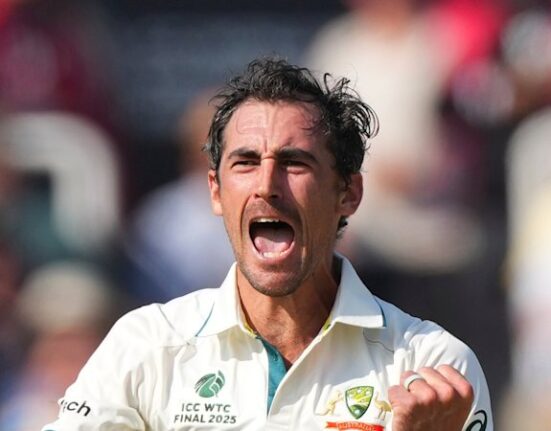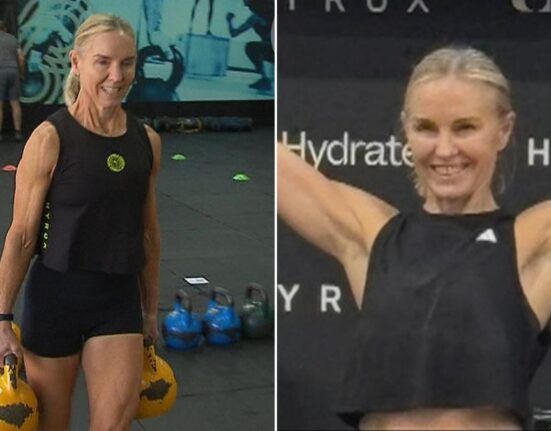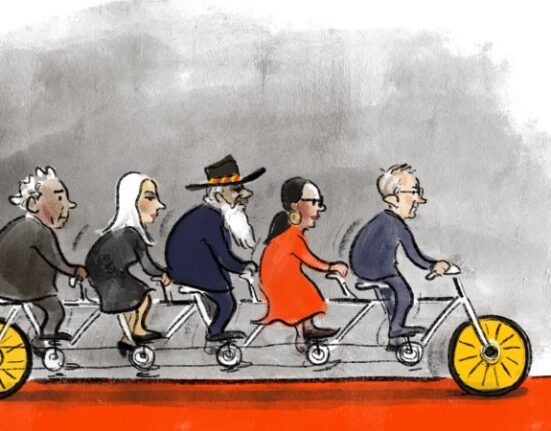Asmaa al-Arja gently covers her 2-year-old daughter, Mayar, whose fragile body reveals the harsh reality of malnutrition in Gaza. Mayar, diagnosed with celiac disease, lies in a hospital bed in Khan Younis, her ribs protruding, her belly swollen. Her mother’s heart breaks as she struggles to find the specialized food and supplies her daughter desperately needs but cannot afford due to the blockade and destruction caused by the ongoing conflict.
The situation in Gaza is dire, with over 9,000 children treated for malnutrition this year alone, according to the U.N. experts predict tens of thousands more cases in the near future. The World Health Organization has issued a stark warning that the territory is on the brink of famine, exacerbated by Israel’s military actions and blockade that have decimated food production and essential supplies.
Despite international pressure, Israel’s restrictions on aid have led to a severe shortage of food and medical supplies, pushing Gaza’s vulnerable population to the brink of starvation. Humanitarian efforts have been hampered by bureaucratic hurdles and accusations of aid diversion, leaving many families like Mayar’s struggling to access basic necessities to survive.
The plight of mothers like Mai Namleh and Nouf al-Arja epitomizes the daily struggles faced by families in Gaza. Mai, living in a tent, rationing scarce formula for her malnourished son, while Nouf pays exorbitant prices for meager food supplies to feed her children. The desperation and resilience of these mothers paint a poignant picture of the hardships endured by Gazans as they fight for survival amidst chaos and uncertainty.
In hospitals like Nasser Hospital, doctors and staff work tirelessly to care for the influx of malnourished children and pregnant women. Dr. Ahmed al-Farrah’s poignant words capture the desperation and urgency of the situation, with supplies dwindling, and the catastrophic impact on the most vulnerable members of society becoming increasingly evident.
The Integrated Food Security Phase Classification’s alarming projections of escalating malnutrition cases among children and pregnant women underscore the urgent need for sustained intervention and support. The stories of Mayar, Mai, and Nouf are emblematic of a larger crisis unfolding in Gaza, where the most basic human needs are overshadowed by conflict and deprivation.
As the international community grapples with the complexities of the Israel-Palestine conflict, the human toll of starvation and suffering in Gaza serves as a stark reminder of the urgent need for humanitarian action and long-term solutions. The voices of mothers and their children resonate as a plea for compassion, aid, and lasting peace in a region torn apart by conflict and despair.
The narrative of mothers and their babies facing starvation in Gaza is a poignant tale of resilience, struggle, and hope amidst unimaginable adversity. Mayar, Mai, and Nouf’s stories serve as a powerful call to action, urging the world to come together to alleviate the suffering and ensure a future where no mother has to watch her child go hungry in the midst of conflict and chaos.









Leave feedback about this